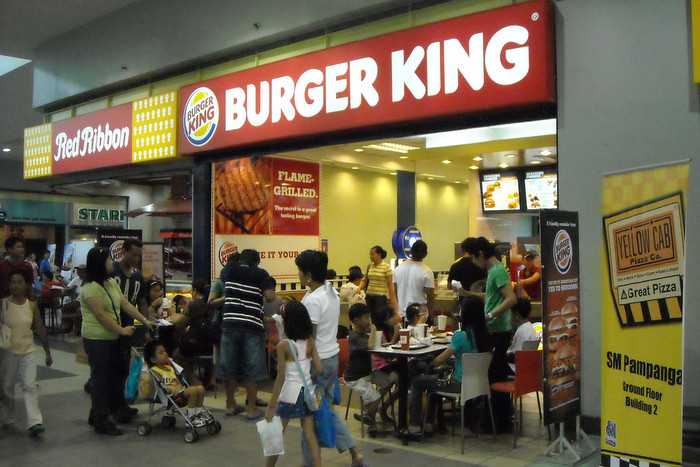A Phuket Shoppers’ Paradox – Discounts: Friend or foe?

PHUKET: My family grew up in the world of marketing. My dad was the president of a marketing subsidiary of Time Inc and my brother has, for many years, run Growth Engine, a successful creativity and innovation marketing consulting agency in the US.
Although I’ve never been directly involved in marketing, I’ve always been interested in trying to understand what makes consumers tick, specifically how marketers try to align their strategies with our clocks (or reset those clocks altogether).
Burger King recently ran a half-price deal on certain select items to celebrate its 50th anniversary in Thailand. One of those sale items was its large milkshakes (priced at about 45 baht after discount). I was already in the habit of buying a strawberry milkshake there pretty much daily at 90 baht a pop, so I was obviously happy to keep buying them. When I got back from a trip, the price had reverted and now BK has specials on some other stuff.
What I’ve noticed is that I have now begun searching for other options to my daily milkshake,
because suddenly, 90 baht seems expensive. I haven’t yet found a replacement, but will likely keep looking.
Obviously, BK (and any other sellers) would like to know if these temporary price reductions are good for business. My experience is “no”, but I might not be the target customer. Here is what my brother Bryan had to say:
“Generally, we think of discount programs as a kind of fix that consumers can get hooked on, and which can be very hard to get them – the manufacturer and the trade – off of. A good example of this is Thomas’ English muffins. Thomas’ got in the habit of offering a deeply-discounted twin-pack of 12 English muffins when they wanted to increase sales. Consumers loved this… but, like you, Pat, with your milkshake, after a while they came to expect the discount.
“And so some consumers would wait for this deal to return and, as a result, modify their traditional purchasing behavior.
“What made it particularly tough is that some consumers also knew, or had learned, they could freeze the English muffins for later use. This resulted in what the industry calls ‘pantry loading’ [stocking up] when the product went on sale.
“One of the reasons the new product line we helped Thomas’ create, Hearty Grains English Muffins, became so successful – and profitable – is that besides attracting new users to the franchise (younger, more health-conscious consumers), consumers weren’t accustomed to having the product discounted.
So Thomas’ could maintain a higher-margin, for this new, healthier product line.”
Discounts lower the reference price for the customer. When businesses like BK offer a discount, the lowered price becomes the new standard for the consumer.
Barbara Bix is the managing partner at BB Marketing Plus, a business that specializes in helping companies increase sales.
Bix writes that, “Customers who buy at a discount often come to associate the discounted price with the value of the product. Therefore, they become disgruntled when the price increases without the addition of new features that they find valuable.”
Discounts may be a good way to attract new customers, encourage clients to try different products, or get people to buy items retailers are having difficulty selling. Where I think BK messed up was in offering a long-time special for one of its tastiest staples, thereby establishing an artificially low price in my mind for its milkshakes.
— Patrick Mattimore
Latest Thailand News
Follow The Thaiger on Google News:


























